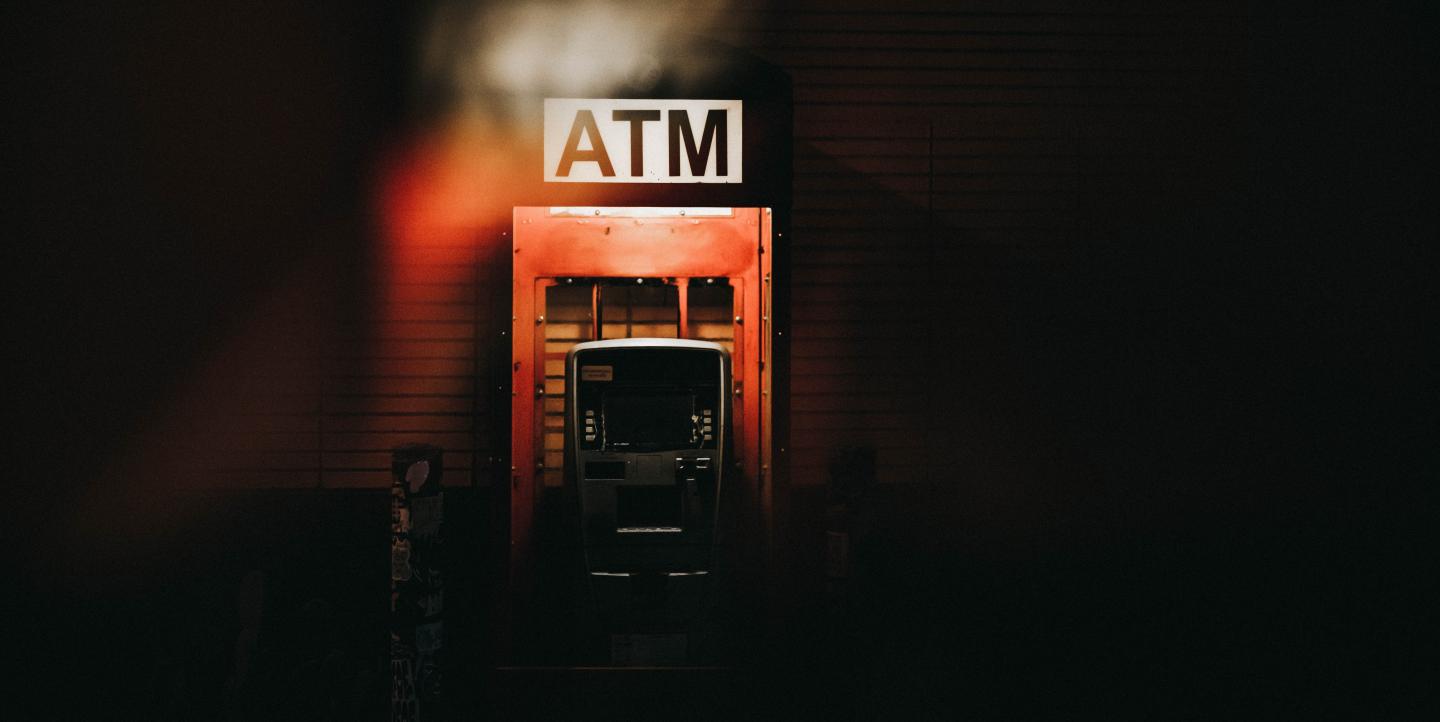On March 25, Tolu Temitope*, a resident of Lagos State in Nigeria, received an email alerting her to a suspicious login on her banking app. Within minutes, 65,000 naira (approximately US$86) was taken from her account, eventually finding its way to a dubious betting platform.
When Temitope frantically tried to log in to her account, she discovered that her password had been compromised. She had fallen victim to a case of bank fraud.
“It was a horrifying experience for me. It’s painful trying to recall the trauma I went through [during] that period,” said Temitope.
Her experience is not unique in Nigeria today, unfortunately. Many people have experienced similar issues with the country’s troubled banking system, for instance with failed transactions, illegal withdrawals and more. In 2018, Nigerians lost over 15.5 billion naira ($41.6 million) – due to fraudulent bank activities. In 2020, losses were estimated at around 5 billion naira (around $6.6 million).
Incidents of fraud often remain unresolved, as Nigerian banks exhibit a disconcerting reluctance to address their customers' concerns. Complaints are also rarely addressed promptly by the police.
Amid this troubling reality, Fisayo Soyombo, an investigative journalist with a passion for exposing social injustices, founded the Foundation for Investigative Journalism (FIJ) in 2020, which utilizes journalism in efforts to promote accountability in society. A prominent focus of their efforts lies in advocating for justice on behalf of victims of Nigeria's faltering banking system.
Holding institutions accountable
Like many Nigerians, Temitope found her bank unwilling to return her money after it was stolen from her. “I reported the incident at one of the branches of the bank two days later, but the bank claimed there was nothing to do about my case,” she said. “I was told that it was a fraud case that was very difficult to trace.”
With other avenues to receive her money back blocked, Temitope told FIJ about her case. The outlet published a report about Temitope’s case, and followed up with the bank’s customer service representatives to demand Temitope be compensated for the theft. In three weeks, Temitope was reimbursed for her loss.
“I am grateful for FIJ’s intervention,” Temitope said. “Many people have had their money fraudulently taken and never recovered it because they didn’t have the right channel to lodge their complaints."
Cases like Temitope’s are the reason Soyombo created FIJ. “I’ve always wanted my journalism to outlive me, to benefit the people, to solve problems,” Soyombo said. “I thought setting up an organization to focus on social justice reporting and investigative journalism would help in achieving that.”
FIJ's social media platforms regularly buzz with messages from individuals experiencing bank-related issues. The outlet also runs a news impact desk, where people can submit complaints of bank fraud or mismanagement directly. For all cases, FIJ requests evidence from the aggrieved parties, conducts thorough reviews and reaches out to banks for their accounts to inform any piece they publish. FIJ handles 10-20 cases each month, and has facilitated the recovery of over $150,000 for aggrieved individuals since its founding, according to Soyombo.
Another example of FIJ’s work is its advocacy for Adetunde Peter*, who, in anticipation of his wife's post-graduate program in the U.K., had diligently saved 2,300 pounds. However, the bank refused him access to his funds, claiming they couldn't log into his account to withdraw his money. Even after being informed that the withdrawal was urgent, the bank refused Peter access to his account, and as a result, his wife was unable to attend university.
Peter reached out to FIJ on Twitter about the issue. The outlet investigated and reported on Peter’s story, and was eventually able to get his bank to release the remaining balance.
“If not for FIJ, I know my money would still be trapped in that bank,” Peter said. “Our banking system is not functioning as it should, and if you don’t have anyone to speak and fight on your behalf, you will be left helpless because even the government has turned a blind eye.”
Challenges
Despite financial challenges, FIJ refuses to accept advertisements or support from corporate entities. This is to preserve the integrity of its reporting and shield its journalists from external influences. Soyombo, for instance, recounted an incident in which a bank attempted to advertise with FIJ, only to retract it upon learning that FIJ would still investigate it.
While the outlet’s investigations can be rewarding, they are also often frustrating, said Damilola Ayeni, an FIJ editor. Banks frequently fail to respond promptly to complaints, violating the maximum 24-hour response time prescribed by government regulations. Such delays can impede the reporting process, as FIJ’s policy is to obtain the bank's perspective before publishing an issue.
FIJ team members have also been subjected to threats for their reporting. “We do get threats,” said Ayeni. For example, one anonymous individual sent a threatening email to the office, expressing intentions to behead FIJ reporters.
Nevertheless, the outlet remains committed to pursuing justice for Nigerians who have been wronged.
“Banks have been able to evade scrutiny due to lax industry regulations and a dearth of critical media reporting,” Soyombo said. “At the end of the day, we’re not spectacularly interested in banks. FIJ’s real interest is the preservation of customers’ funds.’’
*Note: The names used are not real.
Photo by Jake Allen on Unsplash.


